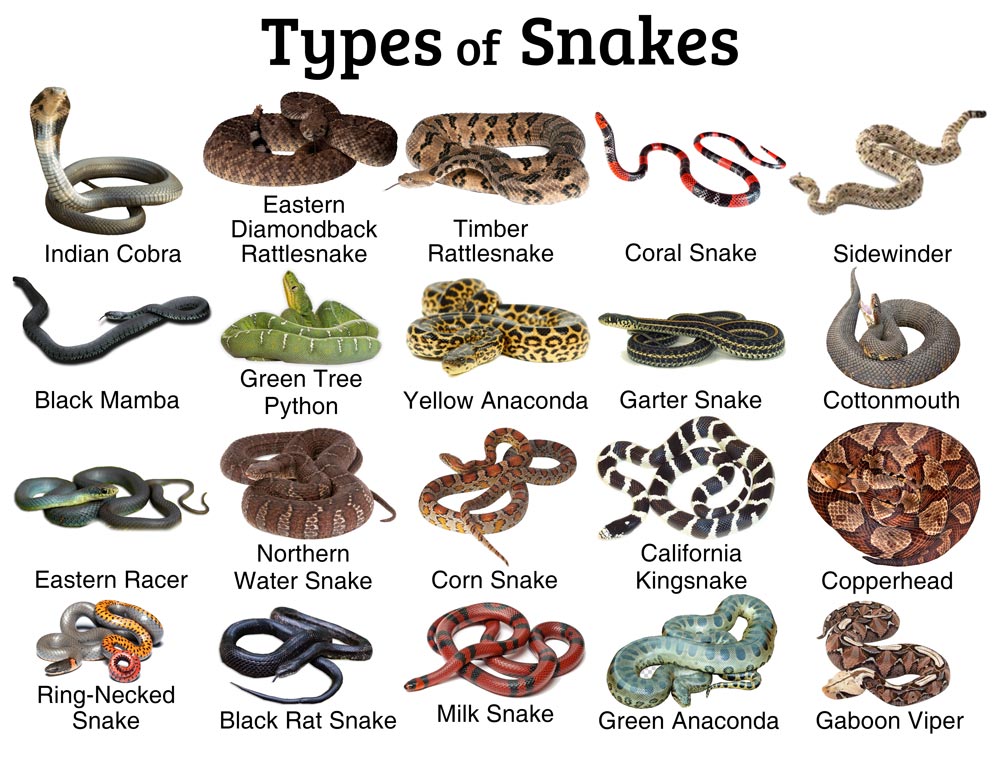Fix: No Search Results Found - Tips & New Queries
Ever stared blankly at a search engine page, greeted by the digital equivalent of a shrug? The dreaded message "We did not find results for:" followed by "Check spelling or type a new query" is a common frustration in the age of instant information. It highlights the delicate dance between human intention and machine interpretation, revealing the limitations that still exist within our seemingly all-knowing technology.
This seemingly innocuous phrase, "We did not find results for: Check spelling or type a new query," encapsulates a complex interplay of factors. It's a stark reminder that search engines, despite their sophisticated algorithms, rely heavily on precise input. A single misspelled word, a poorly phrased question, or a niche topic can all trigger this frustrating response. It's a digital dead end, forcing users to re-evaluate their approach and refine their search strategy. But beyond the immediate inconvenience, this message offers valuable insights into the nature of information retrieval and the evolving relationship between humans and artificial intelligence.
Consider the sheer volume of data indexed by modern search engines. Billions of web pages, documents, images, and videos are constantly being crawled and categorized. The task of sifting through this massive ocean of information to find the precise answer to a user's query is incredibly complex. The "We did not find results for:" message often indicates that the user's query, in its specific form, simply doesn't align with the indexed content. This could be due to a variety of reasons, including the use of uncommon terminology, the absence of relevant content on the web, or limitations in the search engine's ability to understand the user's intent.
- Karla Sofa Gascn From Masterchef To Cannes Beyond
- Stunning Pine Trees In Snow Free Images Art Inspiration
The second part of the message, "Check spelling or type a new query," offers a direct course of action. It acknowledges the possibility of human error and prompts the user to reconsider their input. This simple suggestion underscores the importance of precision in digital communication. While search engines are becoming increasingly adept at handling misspellings and variations in phrasing, they still rely on a certain degree of accuracy. The onus is often on the user to ensure that their query is clear, concise, and grammatically correct. This highlights a fundamental difference between human conversation, where context and nuance can often compensate for errors, and machine interpretation, which is far more literal.
Furthermore, the "We did not find results for:" message can also be a reflection of the limitations of the content itself. It's possible that the information the user is seeking simply doesn't exist online. This is particularly true for niche topics, emerging fields, or information that is primarily available in offline sources. In these cases, the absence of results doesn't necessarily indicate an error on the part of the user or the search engine. Instead, it highlights the gaps that still exist in the digital landscape and the ongoing need for information creation and dissemination. It's a reminder that the internet, despite its vastness, is not a complete repository of all human knowledge.
The implications of this seemingly simple message extend beyond the individual user experience. On a broader scale, it raises questions about information accessibility and the digital divide. While the internet has undoubtedly democratized access to information, it also creates new barriers for those who lack the skills or resources to effectively navigate the digital landscape. The ability to formulate effective search queries, critically evaluate search results, and adapt to situations where no results are found are essential skills in the modern world. These skills are not equally distributed, and those who lack them may be disadvantaged in their ability to access information and participate fully in the digital economy.
- Nikolette Noel From Unsolved Mysteries To The Expendables 2 More
- Napoleon Dynamite Photos Quotes Fun Facts You Need To Know
Moreover, the "We did not find results for:" message can also be a symptom of algorithmic bias. Search engines are not neutral tools; they are designed and operated by humans, and their algorithms reflect the values and priorities of their creators. It's possible that certain types of information are systematically excluded or downranked in search results, leading to a skewed or incomplete view of the world. This is particularly concerning in areas such as politics, social issues, and cultural representation. Algorithmic bias can reinforce existing inequalities and limit access to diverse perspectives. It's crucial to be aware of these potential biases and to critically evaluate the information presented by search engines.
The message also underscores the ever-evolving nature of search engine optimization (SEO). Websites and content creators constantly strive to improve their visibility in search results by optimizing their content for relevant keywords. The "We did not find results for:" message can be a wake-up call for those who are not effectively targeting their audience or using the right language. It highlights the importance of understanding search engine algorithms and adapting content to meet their requirements. However, the pursuit of SEO can also lead to unethical practices, such as keyword stuffing and link farming, which can degrade the quality of search results and make it more difficult for users to find relevant information.
In recent years, there has been a growing emphasis on natural language processing (NLP) and artificial intelligence (AI) to improve the accuracy and relevance of search results. NLP techniques enable search engines to better understand the meaning and context of user queries, even when they are poorly phrased or contain errors. AI algorithms can learn from user behavior and personalize search results based on individual preferences and search history. These advancements promise to make search engines more intuitive and user-friendly, reducing the frequency of the dreaded "We did not find results for:" message. However, they also raise new ethical concerns about privacy, personalization, and the potential for manipulation.
The phrase "Check spelling or type a new query" represents more than just a technical suggestion; its an invitation to engage with the search process more thoughtfully. It prompts users to become more aware of their own information needs, to refine their search strategies, and to critically evaluate the results they find. In a world where information is abundant but attention is scarce, the ability to search effectively is a valuable skill. The "We did not find results for:" message, despite its initial frustration, can be a catalyst for learning and improvement.
The evolution of search technology is a continuous process. As search engines become more sophisticated, they are better able to understand user intent and deliver relevant results. However, the fundamental challenge of bridging the gap between human language and machine interpretation remains. The "We did not find results for:" message serves as a constant reminder of this challenge and the ongoing need for innovation and improvement. It's a testament to the complexity of information retrieval and the dynamic relationship between humans and technology.
Looking ahead, the future of search is likely to be shaped by several key trends. One is the increasing use of voice search, which requires search engines to understand spoken language and respond with natural-sounding answers. Another is the integration of search into other applications and devices, such as virtual assistants and smart home devices. These developments will make search more seamless and ubiquitous, but they also raise new challenges in terms of privacy, security, and accessibility. The goal is to create search experiences that are not only efficient and effective but also ethical and equitable.
The message "We did not find results for: Check spelling or type a new query" is a microcosm of the broader challenges and opportunities presented by the digital age. It highlights the importance of critical thinking, information literacy, and adaptability in a world where information is constantly evolving. By understanding the limitations of search technology and developing effective search strategies, users can navigate the digital landscape more effectively and unlock the vast potential of the internet.
Ultimately, the "We did not find results for:" message is a reminder that the search for information is an ongoing journey, not a destination. It requires patience, persistence, and a willingness to adapt to new tools and technologies. By embracing this mindset, users can transform the frustration of a failed search into an opportunity for learning and discovery. Its a prompt to refine, rethink, and ultimately, reconnect with the vast network of information waiting to be uncovered.

Snakes Facts and List of Types With Pictures Reptile Fact

Snake Identification, Anatomy, & Life Cycle Types of Snakes

Colorful Snakes